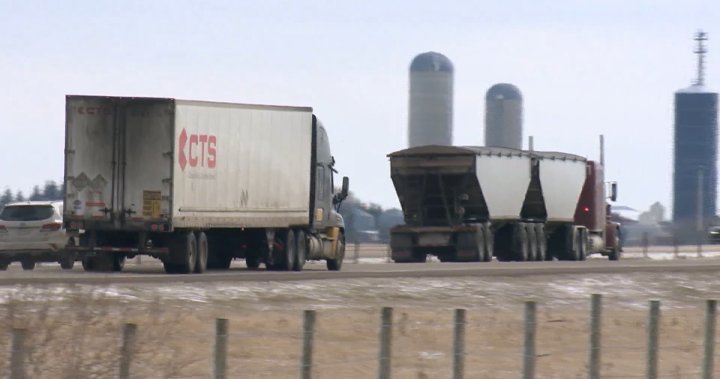The tragic collision between the Humboldt Broncos hockey team bus and a semi-truck in Saskatchewan in April 2018 resulted in the death of 16 individuals. The incident was attributed to an inexperienced and undertrained semi-truck driver, leading several provinces, including Alberta, to implement Mandatory Entry Level Training (MELT) for new Class 1 drivers. MELT requires over 100 hours of driver training. However, the trucking industry has identified MELT as a contributing factor to driver shortages due to increased time and costs associated with recruitment. The president of the Alberta Motor Transport Association, Robert Harper, expressed that the program has been costly and has not necessarily improved driver quality.
To address these concerns, the Alberta government has announced a new “learning pathway” to replace MELT starting in March 2025. This new pathway aims to focus more on skills training with the goal of producing better professional drivers. Minister of Transportation and Economic Corridors Devin Dreeshen stated that the new pathway will offer more appropriate training for specific industries, increased in-cab training hours, and an expanded scope of training. The changes are intended to enhance safety by emphasizing competency-based training and providing more in-depth skills training. However, Carol Brons, a director with Safer Roads Canada and mother of a victim in the Humboldt bus crash, believes that more improvements can be made to the system.
Brons emphasized the need for a more comprehensive system for sharing drivers’ records across provinces to enhance safety measures. She also suggested that MELT has always been viewed as a temporary measure and there is always room for improvement, especially as the anniversary of the Broncos crash approaches. Brons stressed the importance of implementing changes that will make the roads safer for all. As of April 1, Alberta’s Class 1 licensing and training changes will exempt farmers and their immediate family members from MELT, providing them with a farm-restricted Class 1 driver’s license for operating vehicles within Alberta for authorized farm purposes only.
The changes announced by Alberta aim to address concerns raised by the trucking industry and safety advocates regarding the effectiveness of MELT in producing well-trained professional drivers. By shifting the focus to skills training and competency-based education, the province hopes to enhance safety on the roads and mitigate issues related to driver shortages. The introduction of a new learning pathway and the exemption for farmers from MELT are part of a broader effort to improve the quality of drivers on the roads and prevent future tragedies like the Humboldt bus crash. The ongoing collaboration between government officials, industry stakeholders, and safety advocates will be crucial in ensuring that these changes have a positive impact on road safety in Alberta and beyond.


